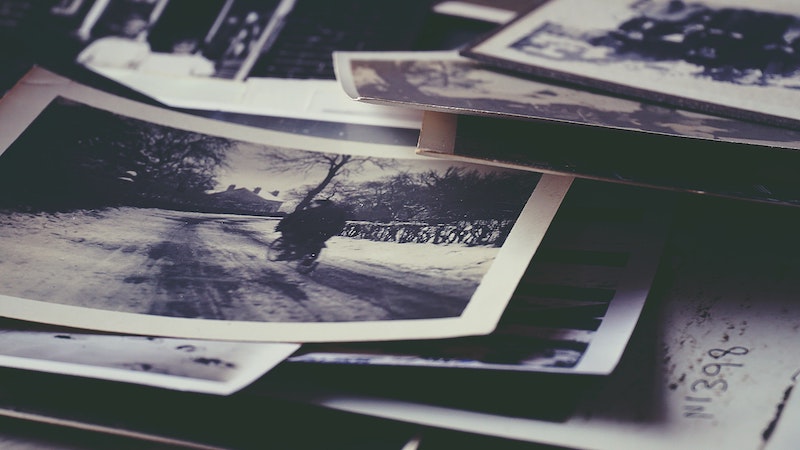Memories and the Self
Episode #2 of the course Psychology of the self by Psychology Insights Online
Welcome back! In the last lesson, we introduced you to the notion of the self and self-recognition in infants. In today’s lesson, we are going to discuss the role of memory and how our autobiographical memories shape the self.
In the previous lesson, we asked you to try to remember your first memory. If you had to guess, what would it be? What age do you think it occurred? Well, for the vast majority of people, the earliest age that we can think back to, and remember a specific episode, is about 3 years old. Even between the ages of 3 and 10, we tend to only have a relatively small number of episodic memories (i.e., a detailed memory of a particular event). This is referred to as infantile amnesia and childhood amnesia (Alberini & Travaglia, 2017).
The occurrence of infantile amnesia is a very robust finding in developmental psychology, affecting just about everyone. Yet, some people will swear that they can remember an episode before the age of 3. In all likelihood, this is because they have developed a memory after the age of 3 that they honestly believe occurred before the age of 3. For instance, a parent or relative may tell a story to them about an event that happened to them when they were an infant. Following repetition of the story (over time), they may come to “remember” this event as something that occurred to them rather than a story that they were told.
Why does infantile amnesia occur? Researchers have pinpointed a number of potential causes. The ability to remember specific events is dependent upon brain development. In young children, the brain is rapidly growing; however, language abilities as well as the hippocampus and frontal lobes (brain areas implicated in memory), are early in their development. Essentially, young children do not have the same neurobiological ability to form memories as adults do. In addition, it has also been suggested that young children do not yet have a sense of self (Alberini & Travaglia, 2017). That is, if you are not able to understand that you are a unique person in the world, how can you place yourself inside of an autobiographical memory (i.e., a memory of you from your own life)?
All of us have memories of childhood, our teenage years, our early adult years, and so on. Autobiographical memories are an important factor in determining how we develop our sense of self. If you think about it, the combined memories of our life experiences shape who we are today. They provide us with a sequential timeline and give us an indication of what kind of person we are (Fivush, 2011). For instance, let’s say you are a regular blood donor. You may be able to think back to the first time you gave blood. In all likelihood, this was a more memorable experience than, let’s say, the 30th time you gave blood. However, the cumulative timeline of blood donation memories provides an indication of who you are today. You are the type of person who cares enough to take the time to help others. Your sense of self may be that you are an empathetic person who shows up when people need you. Remembering these events serves as a type of cue which gives you an indication of your overall sense of self.
Thinking back to an earlier time can help to ground us. However, what if our autobiographical memories are not congruent with who we are today? What if you were a bully when you were younger, but now you see yourself as a kind and helping person? Well, research indicates that we may describe ourselves differently in that situation when asked to recall it years later (Libby & Eibach, 2007). For example, we could either justify our actions or instead, we could describe how “I was a different person then.” In other words, we have a current view of ourselves. If our previous autobiographical memories of our behavior don’t match up with that present view, we may adjust those previous memories to match them. This could happen inadvertently, meaning we may not be completely aware that we did this. Memory is truly fascinating, and unfortunately all too easy to modify each time a memory is reconstructed.
That brings us to the end of this lesson on memory and the self. In the next lesson, we are going to discuss the role of self-perception in the self. See you tomorrow!
Recommended book
Searching for Memory: The Brain, the Mind, and the Past by Daniel Schacter
Share with friends

